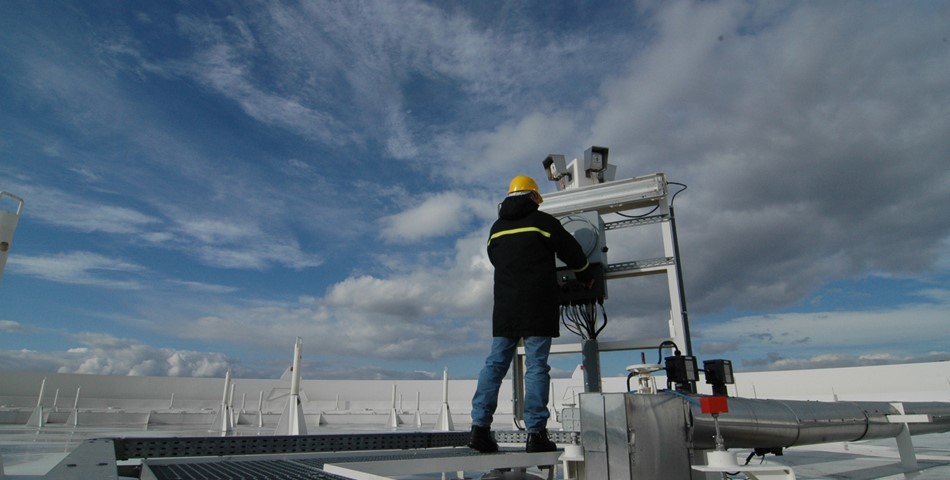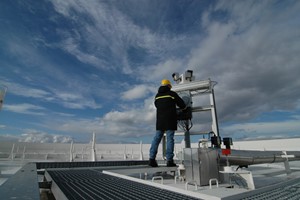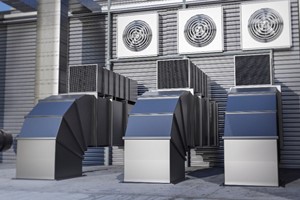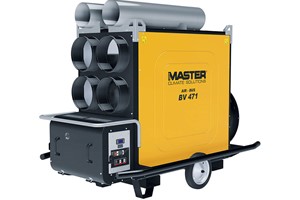It is undeniable that HVAC systems have changed the way buildings are designed, built, and occupied. The evolution of electronics in equipment has made HVAC systems become smarter, smaller, and more efficient. They have reshaped how the systems are installed, how they are maintained, and how they operate. But a pressing concern about HVAC systems is about how they can contribute to sustainability without sacrificing energy efficiency. With this in mind, the governments in the Middle East, especially in countries of the Arabian Gulf region, have pushed the sustainability aspect in HVAC systems by introducing new regulations and enforcing the standard codes. RWI, a major provider of rubber insulation products, not only in the Arabian Gulf countries but also in the Southeast Asia region, takes part in promoting sustainability through its HVAC products. RWI promotes a greener world, by integrating net zero energy and high-performance systems in its projects. By net zero energy, it means that a building balances its energy needs with energy produced from renewable and zero-emission sources. That involves improving control of electricity, reducing the consumption, and contributing towards supplying high-quality energy. One of the ways to achieve this is to minimize the load of the building envelope which affects what is called as space conditioning.
Space conditioning, which consists of heating, cooling, and introduction of outdoor air, is considered to be the largest energy consumption in a building. It is a system responsible for the heat loss and gain through the building envelope, the unwanted infiltration of outside air, and the buildup of contaminants within the building. To minimize the energy consumption, it requires an evaluation of the insulating capabilities as well as controlled flows of fresh air across the building envelope. Along the process, building loads are reduced. After the load reduction in the building envelope, the next step towards net zero energy buildings is through the use of efficient equipment which focus on space heating and space cooling. Factors to be considered in this part are the design and installation of vapor compression heat pump systems for energy-efficient buildings and the effectiveness of low global-warming potential alternatives for hydrofluorocarbon refrigerants. In the steps mentioned, engineers have a pivotal role in achieving success. They have the responsibility to ensure the effective implementation as well as control maintenance activities. Engineers are also bound to apply preventive procedures to reduce chances of premature equipment failures, to provide for periodic inspection building systems in order to avoid energy emergency breakdown, and to describe overall responsibility for the operation, maintenance, repair, and replacement at the project level. But fulfilling the demands of mixed-use facility can be challenging, considering the structure's diverse components. RWI has a solution for this, and that is to engage the facilities team in the selection process to ensure that the components are using the system control. Other than our HVAC products which meet global standards, one of the company's keys to success in this industry is a unique level of service and support to customers. This is a proven track record. In cases of interoperability issues, the service and support teams respond accordingly. From experiences in earlier projects, system integration challenges were common, with requirements of translation protocols specifications being a project requirement. RWI resolves this by guiding clients about what type of insulation system is needed to be installed.













